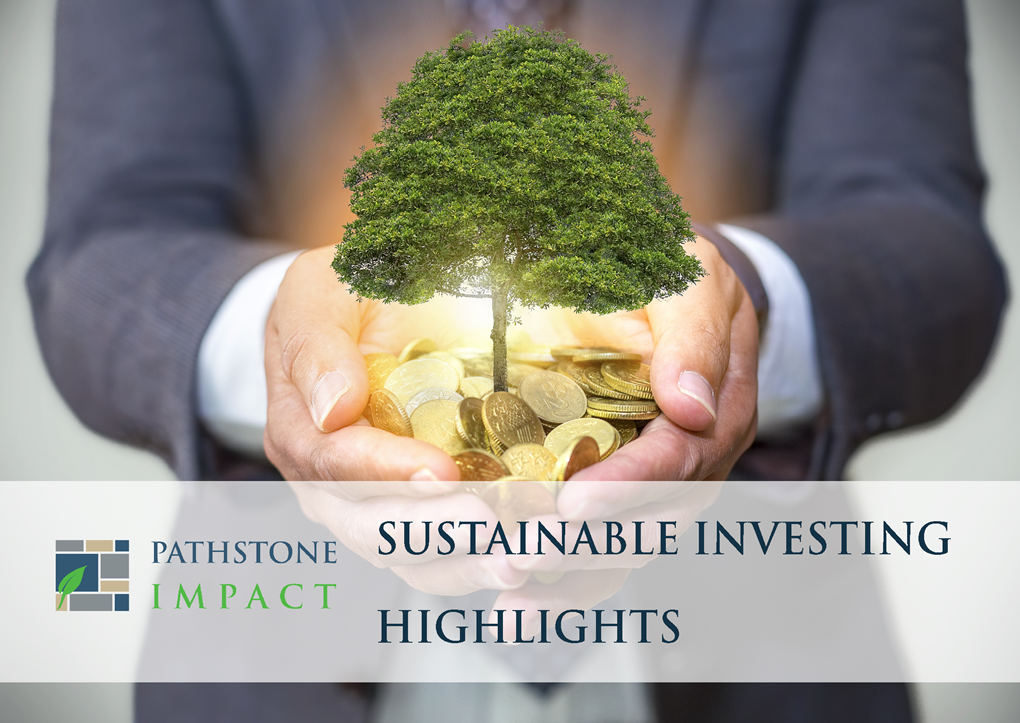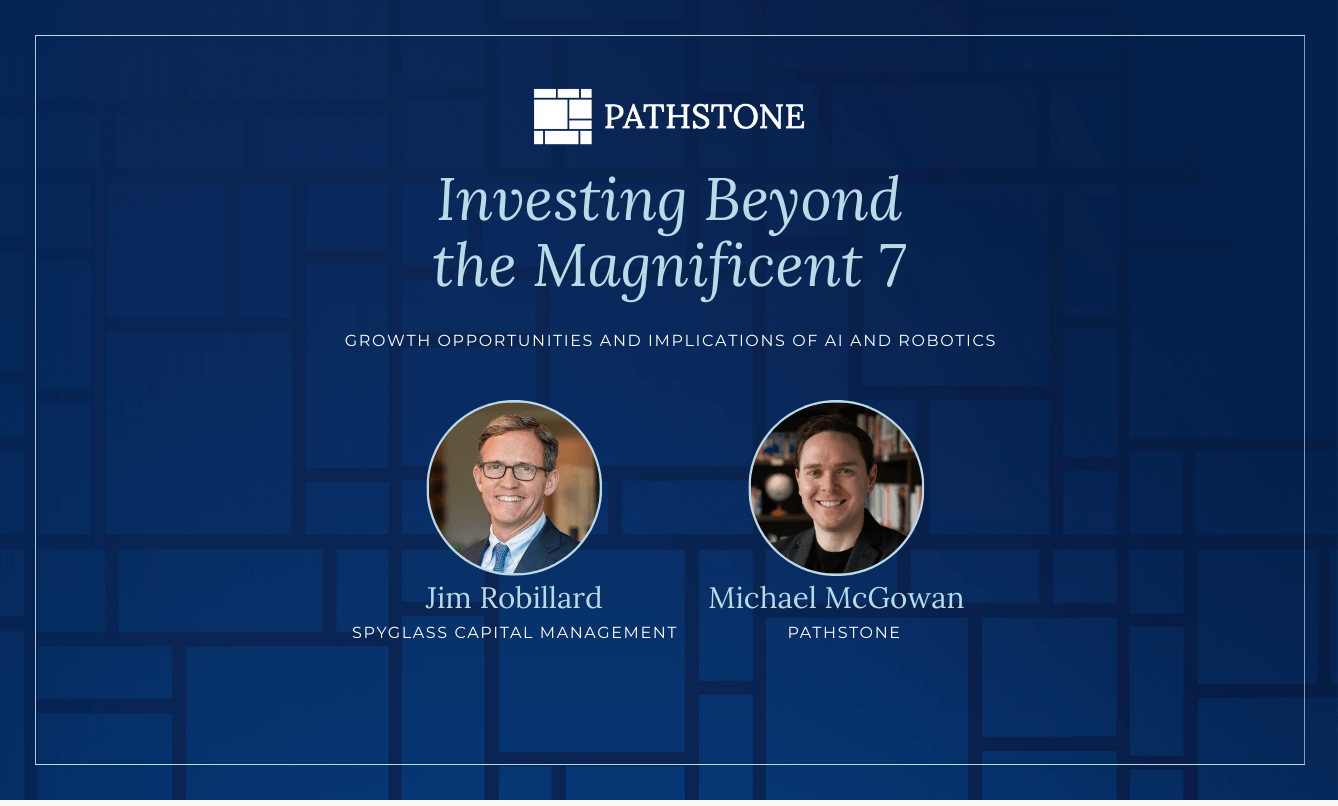Responsible Consumption and Production
Burberry’s New Sustainable Approach
“Modern luxury means being socially and environmentally responsible.” –Burberry CEO Marco Gobbetti
Burberry, the top-end fashion brand, has been pursuing a sustainability strategy since it launched a responsibility agenda last year. Recently, the company announced that it will stop destroying unsold products. The practice of burning or burying unsold products has been commonplace for top-end fashion brands, but Burberry is changing its practices after investors expressed concern about the company’s recent disclosure stating that it destroyed $37 million worth of goods last year. In addition, Burberry will discontinue the use of real fur in its products. Burberry’s new sustainability strategy has already paid off, as it is the leading luxury brand in the 2018 Dow Jones Sustainability Index.
Growth in Vertical Farming
Indoor vertical farming has seen a rise in investor support over the past few years. Using climate control, this agricultural technique allows for plants to be grown on trays or by hanging modules indoors. In comparison to traditional farming, the process of vertical farming saves space, energy, and cost, as technology allows for precise measurement of how much water and nutrients the plants need. Vertical farming can allow for many types of food to be produced anywhere, regardless of the season. Scaling this model to urban and suburban areas, this produce can then be delivered to city dwellers more quickly, preserving freshness. In addition, the technology offers the promise of reducing food deserts in urban environments, which are estimated to impact more than 20 million people in the U.S.
Kroger Announces Plan to Phase Plastic Bags
“It’s a bold move that will better protect our planet for future generations.” – Rodney McMullen, Kroger’s chairman and CEO
According to the Environmental Protection Agency, more than 380 billion plastic bags are used in the U.S. alone every year. This plastic breaks down into micro plastics that end up in our waterways and harm marine life. The Kroger Company, the largest grocery chain in America, announced in August its commitment to phase out single-use plastic bags by 2025. The decision comes into play as a part of the company’s sustainability agenda, Zero Waste Zero Hunger, for which Kroger was included in Fortune Magazine’s Change the World 2018 list. In sixth place, the list highlights the work of 57 big companies across the world that are solving societal problems. Kroger’s example of discontinuing plastic bags follows recent bans from players such as the State of California, Kenya, and some of Australia’s largest retailers.
London Metal Exchange Requires Audit Over Child Labor Concerns
Starting in 2019 the LME, world’s largest metal exchange, will require audits for all companies that get at least 25% of their metal from small-scale mines in the Democratic Republic of Congo. If companies do not pass this audit, they could be delisted from the LME. The DRC is the source of more than 60% of the world’s cobalt, and up to 20% of this is hand-mined by small-scale miners. Additionally, the country’s economy is completely dependent on mining, so it is a common practice for poor families to send their children to work in the mines. Cobalt is a very important metal for cell phones, laptops, and electric vehicles, and its demand is increasing. Amnesty International released a report in 2016 that calls out two dozen companies that had not ensured that their supply chains for cobalt were free of child labor.
Climate Change
1.5 Versus 2 Degrees in Global Warming
The United Nations Secretary General, Antonio Guterres, called for immediate action and attention to tackle climate change. He stated that “climate change is the defining issue of our time,” urging countries to make changes by 2020 and meet their Paris Agreement goals. The Paris Agreement on climate change aims to keep global warming below 2 degrees Celsius, limiting this increase to 1.5 degrees. The Intergovernmental Panel on Climate Change (IPCC), a group of the world’s leading climate scientists convened by the U.N., released a report detailing the severe impacts of the planet warming 1.5 degrees as compared to 2 degrees. The scientists conclude that if greenhouse gas emissions continue at the current rate, we will reach 1.5 degrees of warming by 2040. A half-degree of additional warming is likely to result in more extreme heat, additional species loss, lower crop yields, additional adverse ocean impacts, and more. Coral reefs are predicted to decline by 99% with an additional half-degree of warming as opposed to a decline of 70-90% with 1.5 degrees.
Clean Energy
Bloomberg New Energy Finance Releases 2018 Outlook
BNEF recently released its annual analysis of world energy and power trends to year 2050. Some of the topics covered in the extensive report include regional trends, batteries and their impact on electricity, and electricity demand. The report dictates that global sales of electric vehicles have risen 77% over the past year, with China leading this rise. The report also predicts that by 2050, half of the world’s electricity will be generated from wind and solar. The team also predicts that by 2050 coal will shrink to 11% as a source of global electricity generation, from its current position at 38%.
ESG Investing Trends
World Bank Defines Principles of Impact Investing
In an effort to stop organizations’ “impact washing” through which investments are made in positive impact projects to hide bad practices, the International Finance Corp (IFC) set global minimum standards for credible impact investing. These nine Impact Principles were released at the annual meetings of the International Monetary Fund (IMF) and the World Bank Group in mid-October. One of the principles is for investors to publicly disclose their alignment with the Principles annually, which will be subject to fiduciary and regulatory checks.
State Endowments Divest Private Prisons
Several state pension funds have recently divested prison holdings. The New York State Common Retirement Fund became the first pension plan to withdraw from the prison industry when it divested its publicly traded prison holdings this summer, having previously divested from private prisons in 1999. The state’s move follows New York City Retirement System’s divestment from private prisons in 2017. Additionally, the second-largest U.S. retirement plan, the $224 billion California State Teachers’ Retirement System (CalSTRS), also has decided to divest private prisons. Other pension plans that have divested or are in talks of divesting include the Philadelphia Board of Pensions, the New Jersey Pension Fund, and the Chicago Teachers Pension Fund.
Gender Equalities and Reduced Inequalities
Public Approves of Nike Ad Campaign
Nike’s recent 30th anniversary ad campaign has been a win for the company, as young Americans embrace social change. The campaign features Colin Kaepernick, the former NFL player who protested police brutality, racism, and social injustice by kneeling during the national anthem. “Believe in something, even if it means sacrificing everything,” the ad reads. While Nike has had a history of provocative ad campaigns, this campaign was launched while President Trump called the N.F.L. to take action against protestors, and the nation’s opinion regarding the protests was divided. A Quinnipiac University poll showed that 49% of voters approved the campaign compared to the 37% that did not. This approval margin was greater among voters in the 18-34 age range, with 67% approving and 21% disapproving. The campaign’s support among younger populations demonstrates a shared sentiment for racial equality and social change.
New California Law Requires Female Board Representation for Public Companies
California has become the first state to require corporate boards of directors to include women, based on a bill that Governor Jerry Brown signed into law in September. Its aim is to create a more equal playing field for women, noting that 26% of California’s 445 publicly traded companies have all-male boards. Going forward, all publicly traded corporations headquartered in the state must include at least one woman on their boards by the end of 2019, with increases in the following years. Penalties for companies that do not comply are a first violation fine of $100,000 and a $300,000 fine for each subsequent violation. While the law aims to address the issue of a lack of female representation on boards, it faces opposition on legality of giving preferential treatment to women. More than 30 business groups have opposed this law.
Boards’ Broadened Definitions of Diversity Promotes Experience-Based Diversity
While diversity measures have traditionally revolved around race, ethnicity, gender, and sexuality, organizations are now turning to a more nuanced outlook: diversity of thought and experience. Essentially, this strategy identifies individuals as suited for jobs based on their unique functional experiences and thought processes. Harvard Business Review researchers released a study examining the effects of thought- and experience-based diversity and discovered that board treatment of diversity now shifts away from uplifting women and racial and ethnic minorities. The study cites that in 2017 less than 45% of the largest U.S. firms utilized traditional methods of diversity hiring in their proxy disclosures. This has led to a slowdown in appointments of women and other minorities to board seats.
“Among large U.S. companies (S&P 1500), women hold just 16% of seats — fewer seats than are held by directors named John, Robert, and William.”
“The number of top firms with even a single racial or ethnic minority director has declined over the last 10 years.”
Please see the PDF version for a full list of references and disclosures.







